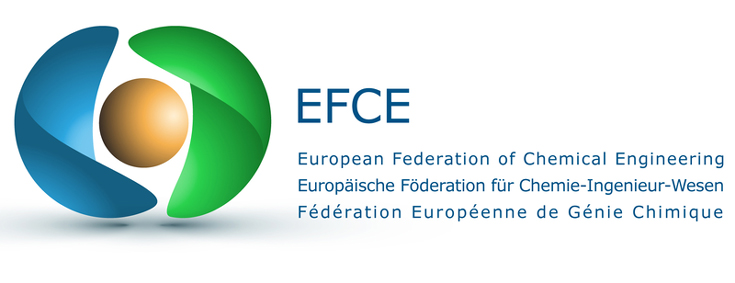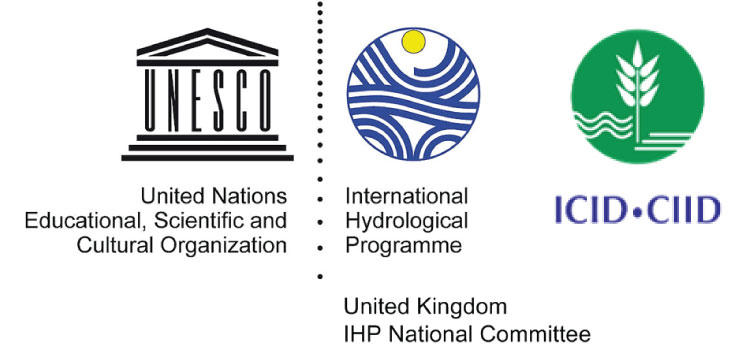Research
- A Sustainable Future
- Awards and Prizes
- Research Themes
- Research Institutes
- Research Centres
- Spin Out Activity
- ERC Grants
- International Networks
- Horizon Europe
- Postgraduate Student Opportunities
- Industry Collaborations
- Entrepreneurship Training
- 2025 STEM Symposium
- The UCD STEM Challenge Fund
- Smurfit Kappa Newman Fellowship Award
- Impact Showcase
- Wall of Frames 2025
International Networks
Wednesday, 7 August, 2024
UCD is a member of several international networks which span research and education. A number of College faculty and staff play active roles within these networks:
CESAER – Conference of European Schools of Advanced Engineering Education and Research
UCD is a member of CESAER which represents the Conference of European Schools of Advanced Engineering Education and Research. It is a non-profit international association of leading European universities of Science and technology and Engineering Schools at comprehensive universities and university colleges. It was established in 1990 and has a membership of over 50 institutions from 25 countries in Europe and beyond. UCD is currently the only Irish member. Professor Orla Feely, UCD President, is the elected President of CESAER for 2024-25. Further information is available at (opens in a new window)www.cesaer.org
UNIVERSITAS 21
Universitas 21 is a leading global network of 25 leading research-intensive universities in 16 countries, which work together to foster global citizenship and institutional innovation through research-inspired teaching and learning, student mobility, connecting students and staff, and wider advocacy for internationalisation. All Universitas 21 member institutions are research-led, comprehensive universities providing a strong quality assurance framework to the network's activities.
Further information is available at (opens in a new window)https://www.universitas21.com/
EFCE-EUROPEAN FEDERATION OF CHEMICAL ENGINEERING

The School of Chemical and Bioprocess Engineering is a member of EFCE. The European Federation of Chemical Engineering was founded in 1953 and has promoted scientific collaboration and supported the work of engineers and scientists in 30 European countries. Today EFCE comprises 38 member societies in 29 European countries and represents more than 100,000 chemical engineers in Europe. With its 20 Working Parties and five Sections it covers all areas of Chemical Engineering.
The International Hydrological Programme (IHP)

Professor Michael Bruen, School of Civil Engineering is Chairman of the Irish Committee for UNESCO's IHP and ICID. The International Hydrological Programme (IHP) is the only intergovernmental programme of the UN system devoted to water research, water resources management, and education and capacity building. Since its inception in 1975, IHP has evolved from an internationally coordinated hydrological research programme into an encompassing, holistic programme to facilitate education and capacity building, and enhance water resources management and governance. IHP facilitates an interdisciplinary and integrated approach to watershed and aquifer management, which incorporates the social dimension of water resources, and promotes and develops international research in hydrological and freshwater sciences. UNESCO's International Hydrological Programme, founded in 1975 and implemented in six-year programmatic time intervals or phases, is entering its eighth phase to be implemented during the period 2014-2021.
The International Commission on Irrigation and Drainage (ICID), established in 1950 is the leading scientific, technical and not-for-profit Non-Governmental Organization (NGO). ICID, through its network of professionals spread across more than a hundred countries, has facilitated sharing of experiences and transfer of water management technology for over half-a-century. ICID supports capacity development, stimulates research and innovation and strives to promote policies and programs to enhance sustainable development of irrigated agriculture through a comprehensive water management framework. Further information is available at (opens in a new window)http://www.icid.org/about_icid.html
UCD College of Engineering and Architecture
Room 122 & Room 126, UCD Engineering and Materials Science Centre, University College Dublin, Belfield, Dublin 4, Ireland T: +353 1 716 1868 | E: eng.arch@ucd.ie | collegeea@ucd.ie | engarch.research@ucd.ie | Location Map(opens in a new window)All Student Emails should be submitted using our Engineering and Architecture Office Student Connector. This will ensure the fastest and most efficient reply to your email.